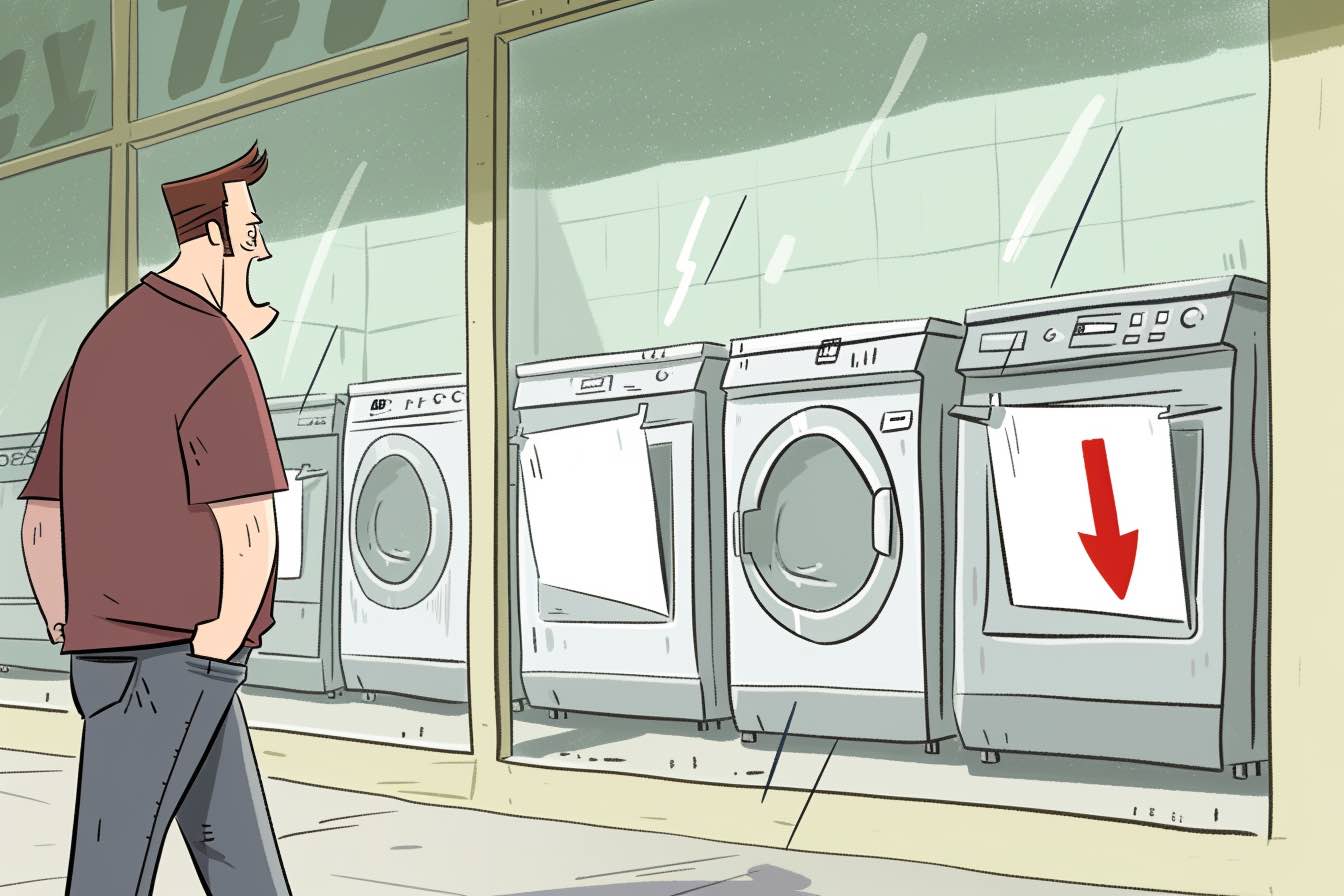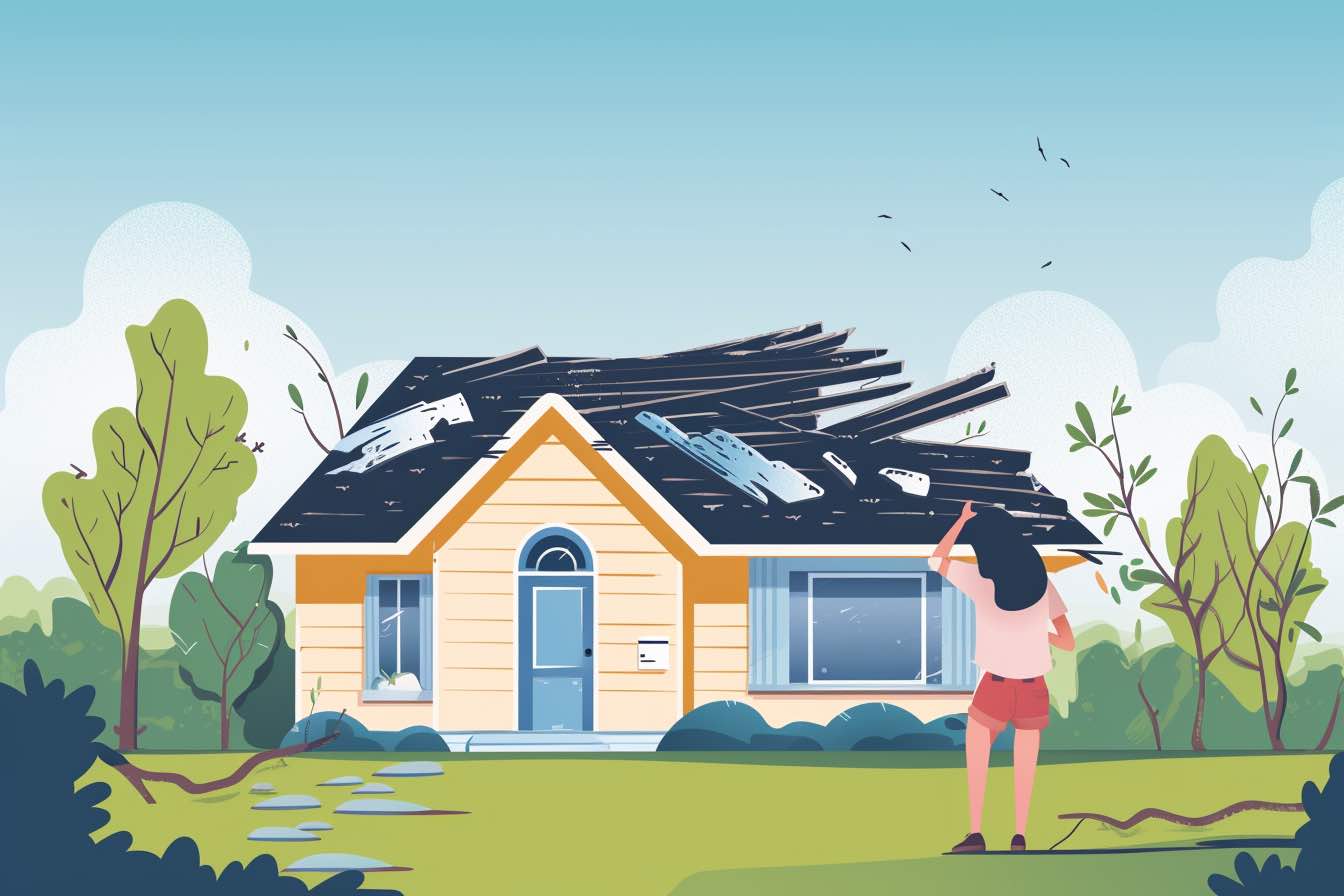When Antonia Balazs has a service problem with Comcast, it tries to sell her a pricey “service” contract. Is that a fair resolution?
Question
I have a question about a $40 charge from Comcast added to my bill without disclosure.
I recently had a problem with my phone. A technician came to my home, but without first telling me there might be a service charge. I was never shown a work order or informed about a possible charge.
The problem he came out to address was actually something both I and the person on the phone should have thought to fix: the phone cord was broken.
I called Comcast to get the charge removed, and a manager in a Texas call center said I only have one option, which is to sign up for a service contract and then retroactively get a refund. She was actually very nice and even though I was upset and possibly a bit loud she agreed that she’d be upset, too.
Comcast made a mistake by not telling me there could or would be a charge. And their solution? They wanted to upsell? Funnily enough, I’ve stuck by Comcast for many years because they’ve had very good customer service.
I’m now looking for other options — I can’t be with a company that expects me to pay for charges I was never told about and never agreed to. I’ve Tweeted to Comcast about this and I’m thinking of getting Amex involved.
What are your thoughts? — Antonia Balazs, Washington, D.C.
Answer
My thoughts? Comcast should have told you about the fees. Right up front.
If a representative didn’t disclose the $40 charge by phone, then you probably wouldn’t have found out by looking at its site. You can see plenty of complaints about Comcast’s service charges in its own forums, but the average customer probably wouldn’t have unearthed any disclosure of a possible fee with a quick search.
Still, should you assume a technician will visit your home for free? And particularly if, by your own admission, you don’t have Comcast’s line “coverage”?
I don’t know, but if this had happened to me, I would have asked Comcast how much it intended to charge for the visit before it dispatched a technician. But then again, that’s how we consumer advocates get after a while; we always assume the worst. (Too often, we are right.)
Comcast’s Customer Service Guarantee certainly gives you the impression that they will fix everything right away when you have a service complaint, that they will, in their words, “quickly address any problem you experience.” But then, they hit you with a $40 bill and offer to waive it only after you sign up for “coverage.” (Here’s how to fix your own consumer problem.)
This problem was fixable, but you missed a few steps along the way. It looks as if you spent a lot of time on the phone (ironically, perhaps) and then skipped straight to a shame campaign on social media, and mulling a credit card dispute. (Comcast owes this reader $5800, but why is it taking so long to refund her?)
The importance of a paper trail
My hard-working resolutions team got to you before you could stop your Amex charges — you didn’t really want to do that — and we advised you to blaze a clean paper trail between you and Comcast. You had already started one, comprised of a single missive via instant messenger, which was a good start.
Eventually, we supplied you with executive contacts at Comcast. A polite email to the executive office did the trick. Comcast emailed you back, noting that “this is definitely not the quality of service and support we expect our customers to receive,” and agreed to credit you with the $40.
Next time your phone breaks, don’t assume your repairs will be “free.” In a surcharge-obsessed economy, nothing is free.




